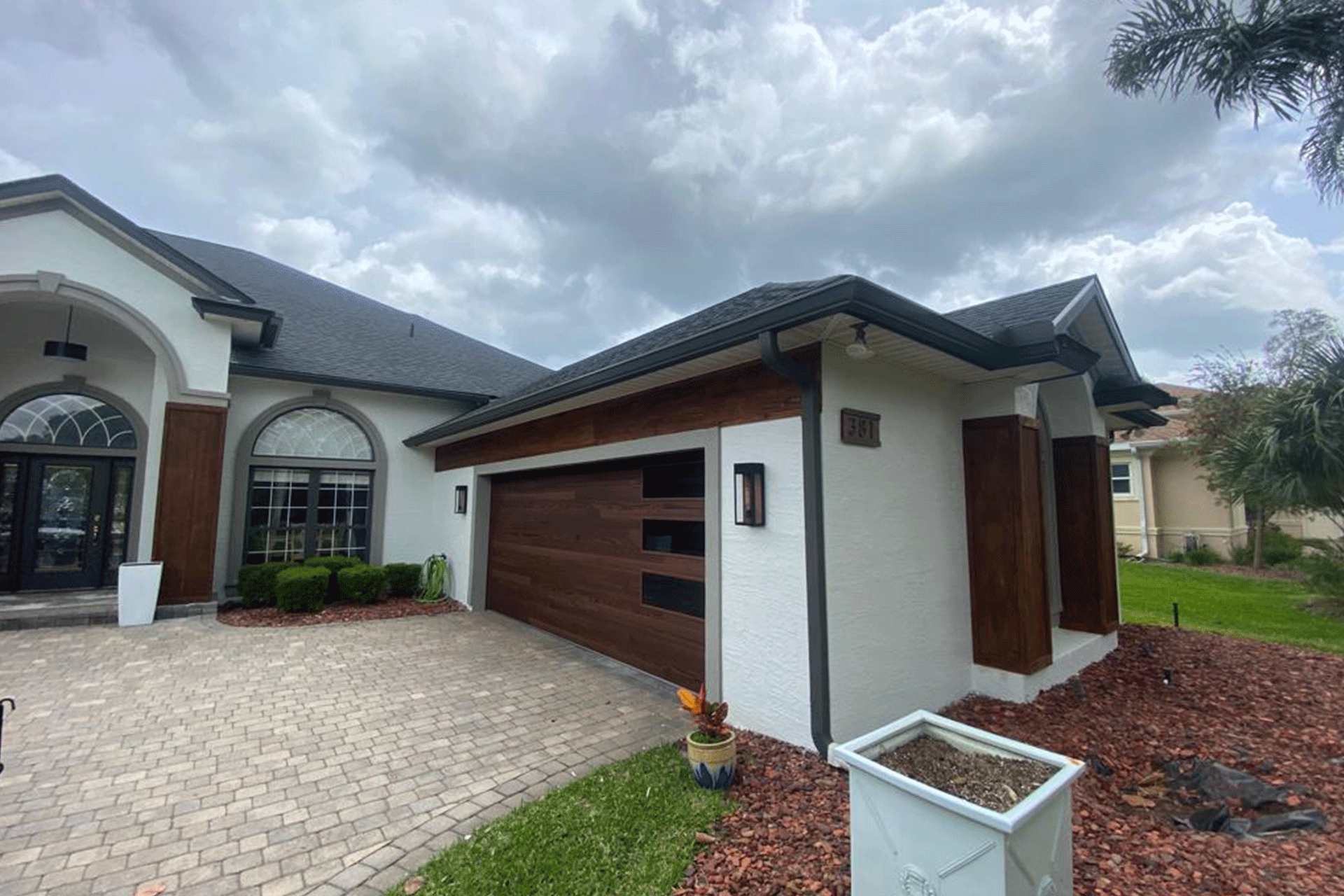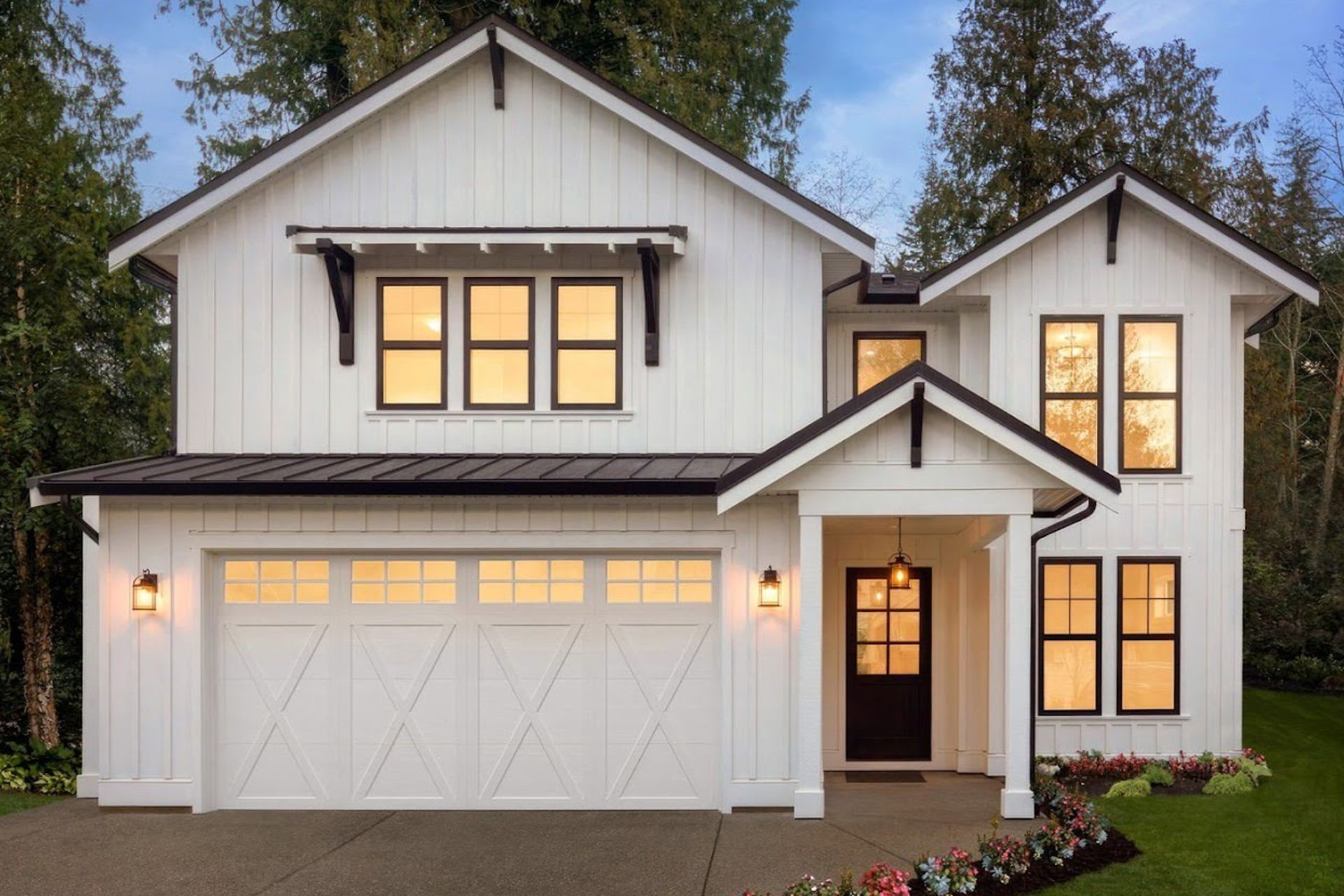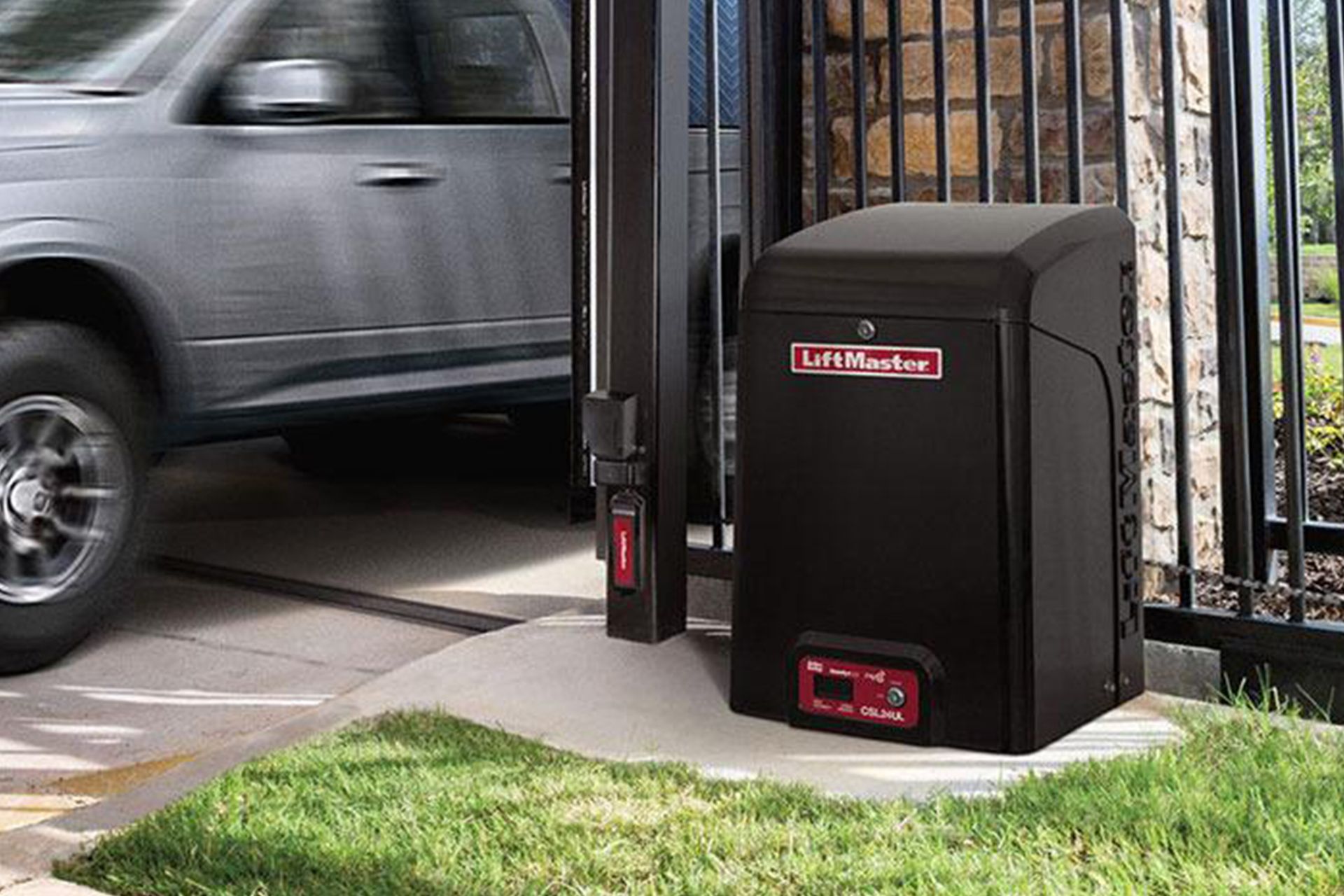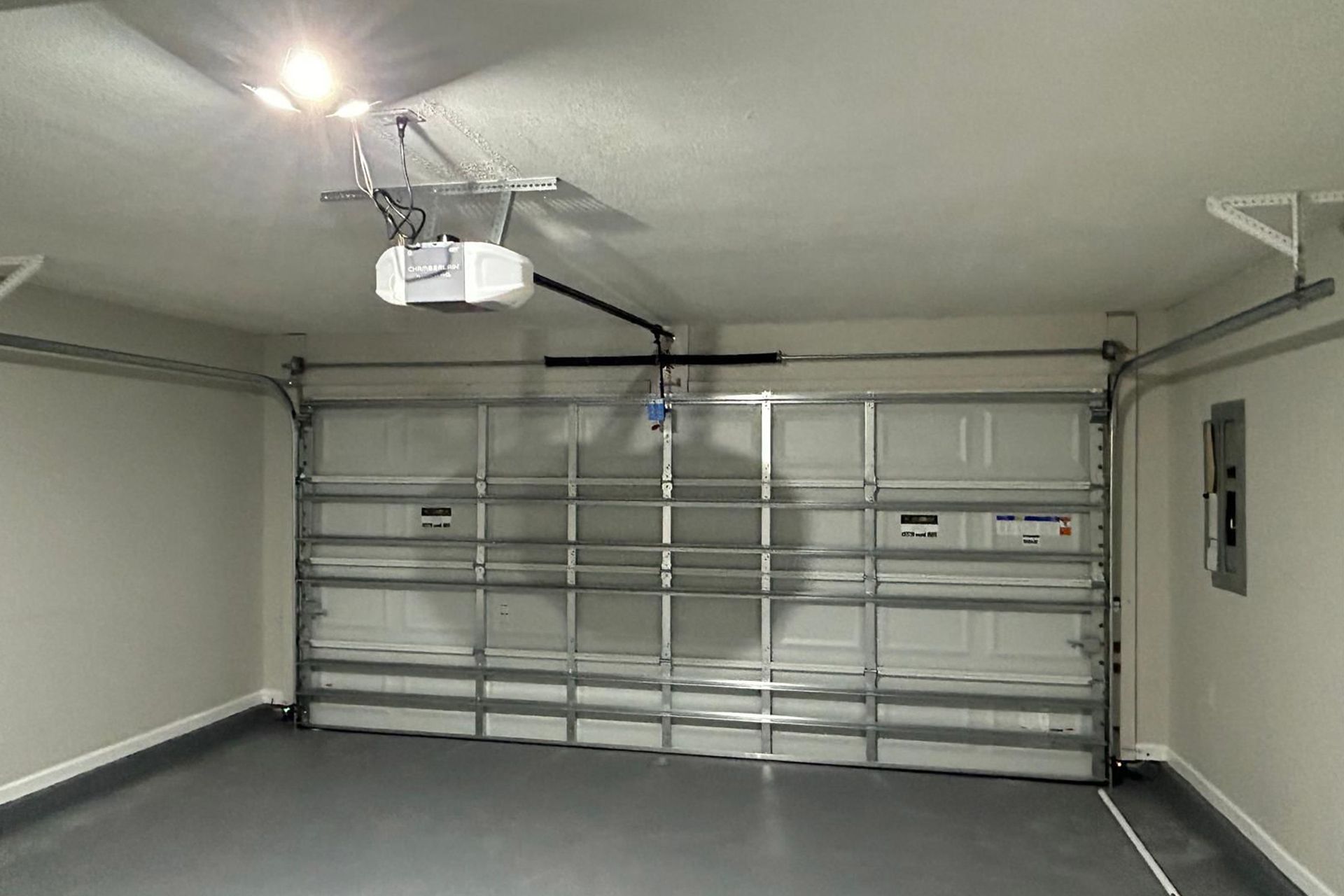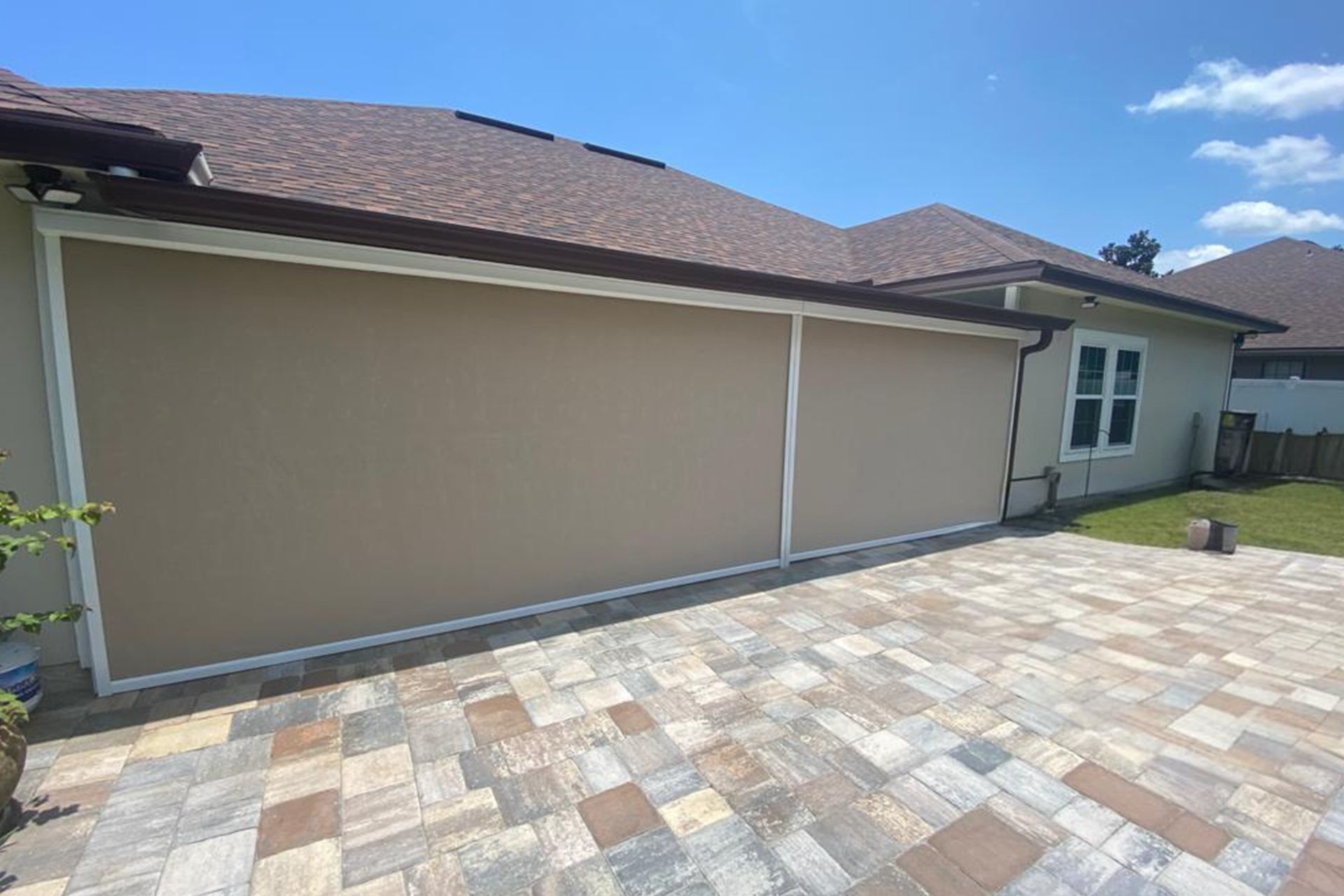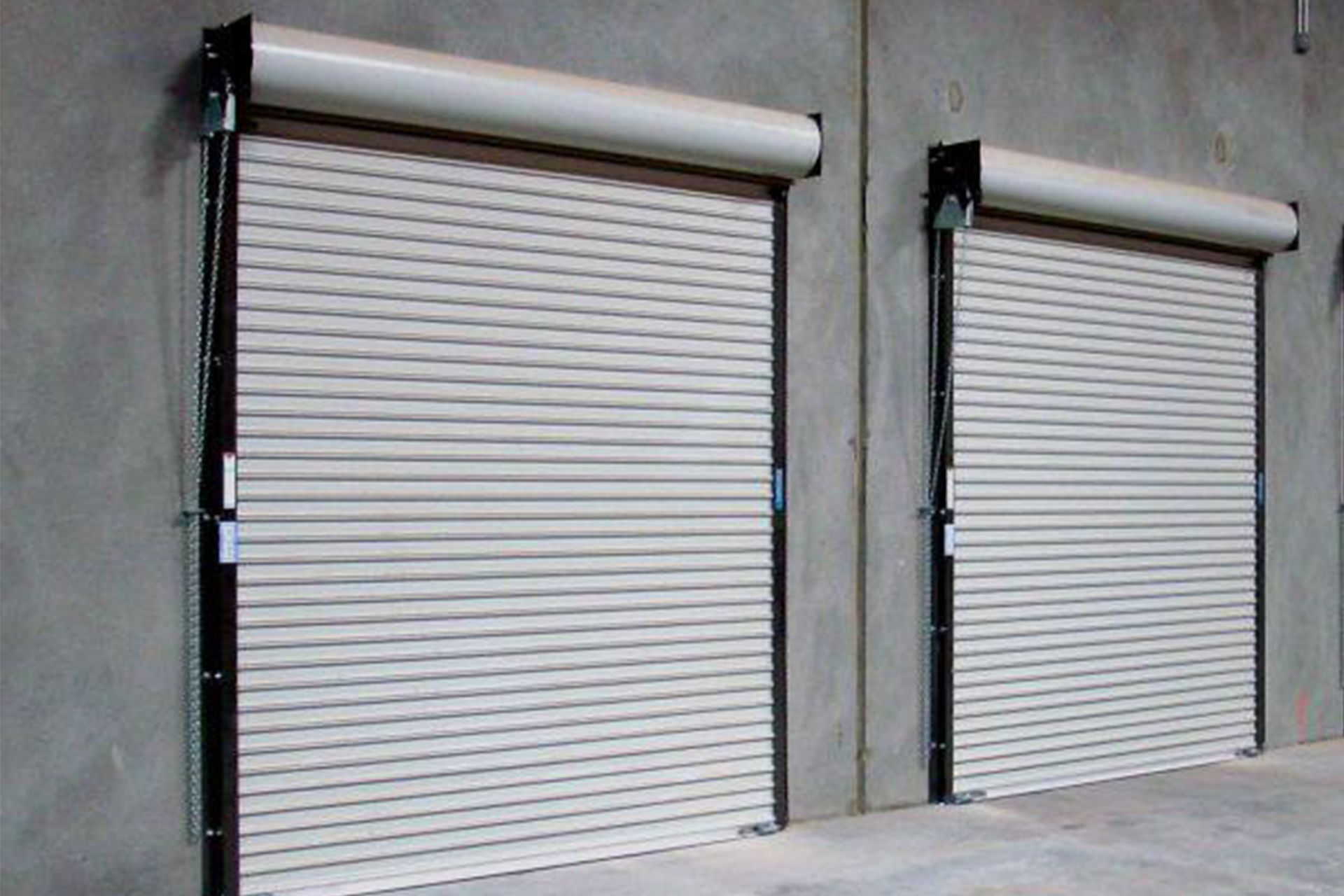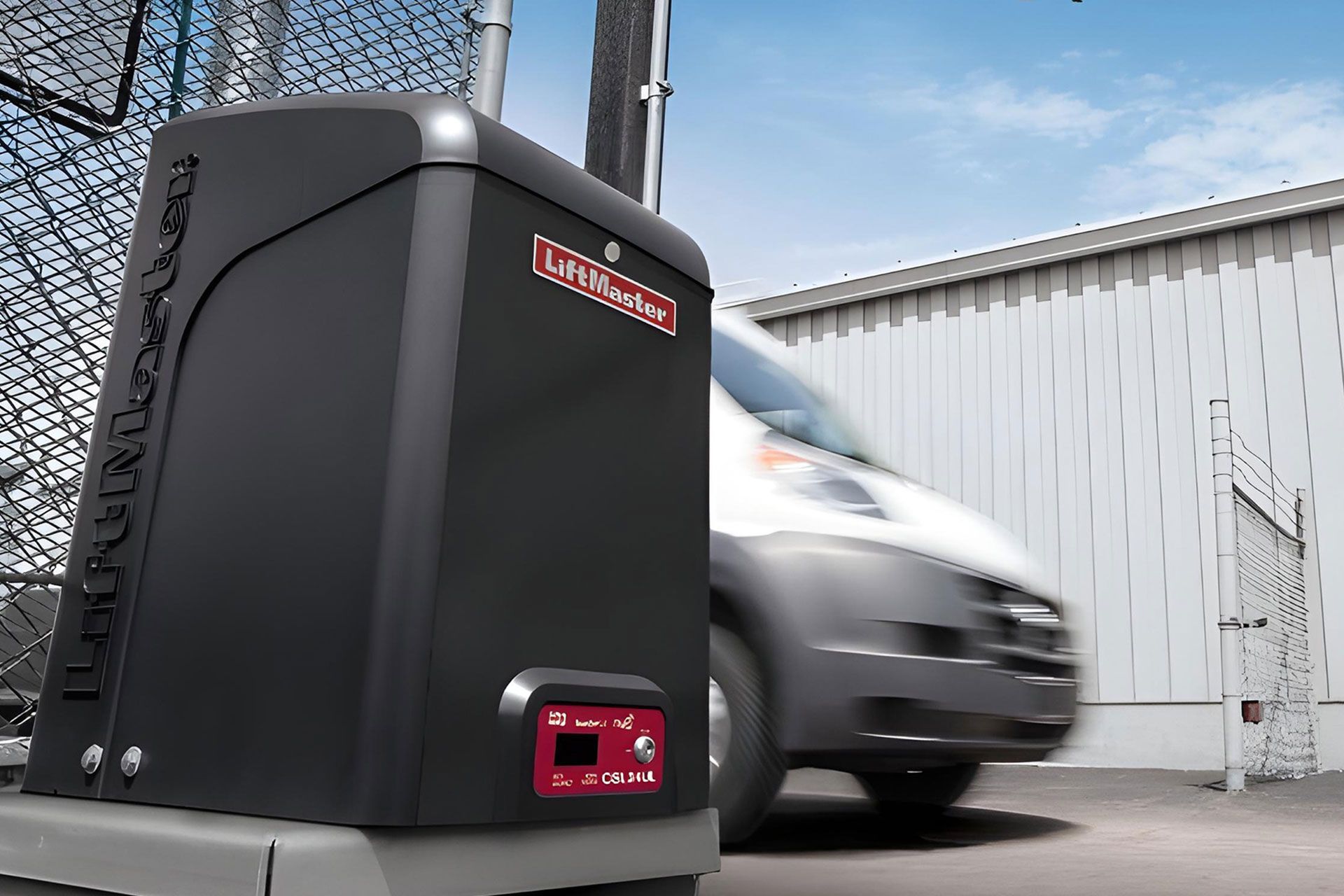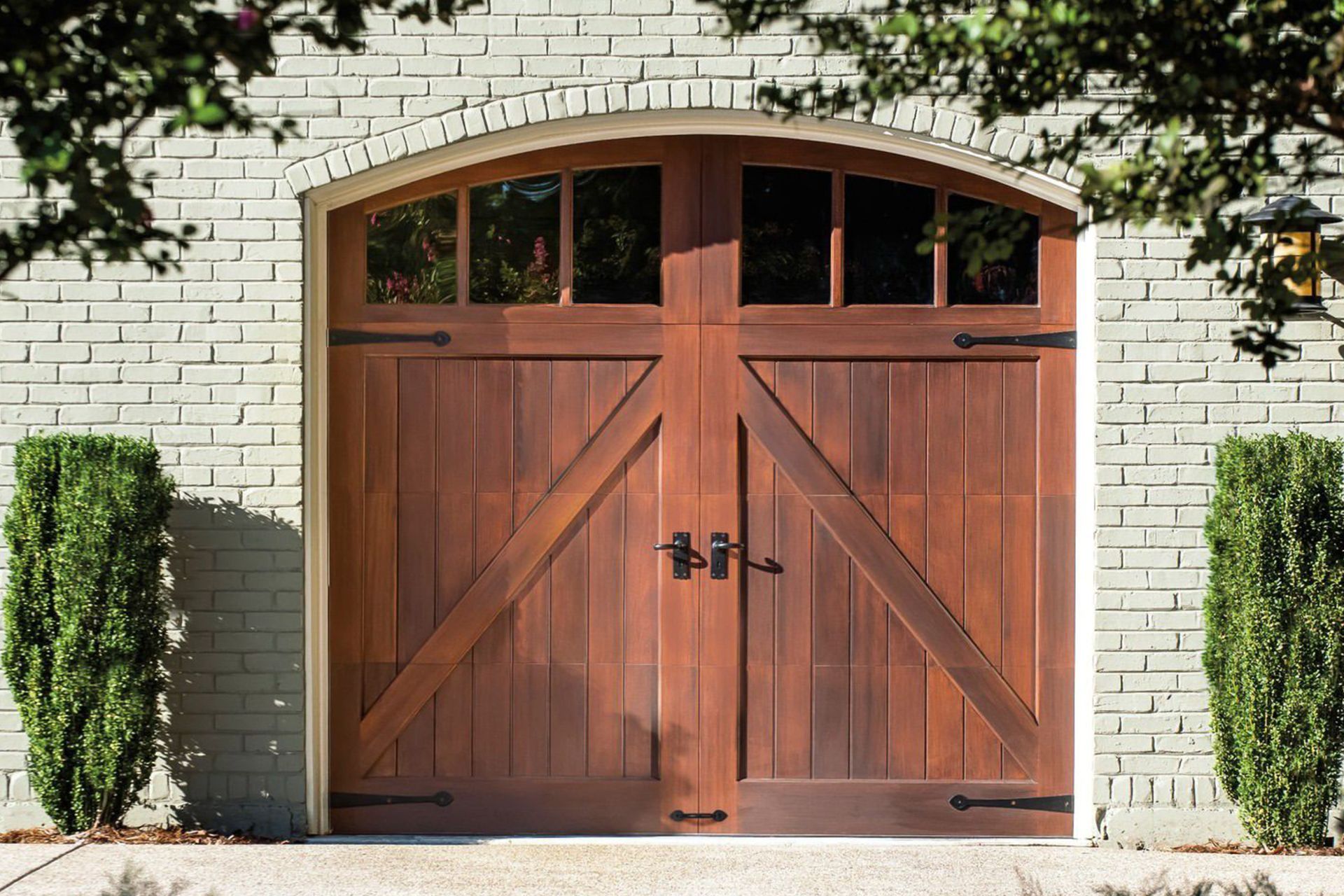24/7 Emergency Service
Safeguarding Your Garage Opener: Essential Tips to Prevent Hacking Threats
Introduction to Garage Opener Security: Understanding the Risks
Garage door openers have become a staple in modern homes, offering convenience and security. However, with technological advancements comes the risk of hacking threats. Understanding these risks is crucial to safeguarding your property, whether in bustling Jacksonville or the historic streets of St. Augustine, FL.
Typical Methods Used by Hackers: Exploring Vulnerabilities
Hackers employ various tactics to infiltrate garage opener systems, including:
- Wi-Fi Network Exploitation: Exploiting vulnerabilities in your Wi-Fi network to gain access to your garage opener.
- Default Password Guessing: Attempting to log in using default or easily guessable passwords.
- Phishing Attacks: Tricking users into revealing sensitive information through deceptive emails or messages.
Signs Your Garage Opener May Be Compromised: Warning Signals to Watch For
To identify potential security breaches, keep an eye out for:
- Unexplained Activation: Instances of your garage door opening or closing without your input.
- Remote Access Anomalies: Unexpected remote access settings or activity changes.
- Strange Noises or Movements: Unusual sounds or movements indicating unauthorized access attempts.
Top Strategies for Garage Opener Protection: Practical Steps to Enhance Security
Implement the following measures to bolster your garage opener's security:
- Change Default Passwords Regularly: Replace default passwords with strong, unique ones.
- Enable Two-Factor Authentication: Add an extra layer of security by requiring verification codes.
- Update Firmware and Software: Stay vigilant by keeping your opener's firmware and software current.
- Secure Your Wi-Fi Network: Strengthening Your First Line of Defense.
Your Wi-Fi network is the gateway to your garage opener. Secure it with:
- Use Strong Passwords: Create complex passwords containing a mix of letters, numbers, and symbols.
- Enable Network Encryption: Encrypt your network to prevent unauthorized access.
- Implement Guest Networks: Secure your primary network by setting up separate guest networks.
Invest in Secure Opener Systems: Choosing the Right Opener for Enhanced Security
When selecting a garage opener, prioritize security features such as:
- Rolling Code Technology: Prevent replay attacks with dynamic access codes.
- Encryption Features: Safeguard communication between your opener and remote.
- Remote Lockout Options: Disable remote access when not in use for added protection.
Educate Yourself and Your Family: Promoting Awareness and Best Practices
Empower your household with knowledge on:
- Phishing Awareness: Teach your family to recognize and avoid phishing attempts.
- Safe Remote Usage: Instruct them on secure remote control practices.
- Emergency Procedures: Establish protocols for responding to security breaches.
Regular Maintenance and Monitoring: Ensuring Long-Term Security
Maintain your garage opener's security with:
- Periodic Inspections: Conduct regular checks for signs of tampering or malfunctions.
- Firmware Updates: Stay ahead of potential vulnerabilities by updating firmware promptly.
- Professional Security Audits: Seek expert assistance from Door Master Clinic for comprehensive security assessments.
Conclusion: Taking Control of Your Garage Opener Security
Protecting your garage opener from hacking threats is essential for safeguarding your home and family. Following the actionable tips outlined in this guide can fortify your defenses against cyberattacks. For expert advice and assistance in enhancing your garage opener security, contact Door Master Clinic. With their expertise in residential and commercial gate opener solutions in FL, you can enjoy peace of mind knowing your property is secure. Don't wait until it's too late – take control of your garage opener security today.
Get an Estimate
Thank you for contacting us.
We will get back to you as soon as possible.
Please try again later.

Serving all of St Augustine, Jacksonville, Palm Coast, Palatka, Orange Park and surrounding areas.
All Rights Reserved | Door Master Clinic | Privacy | Web Design by A Guy That Designs
